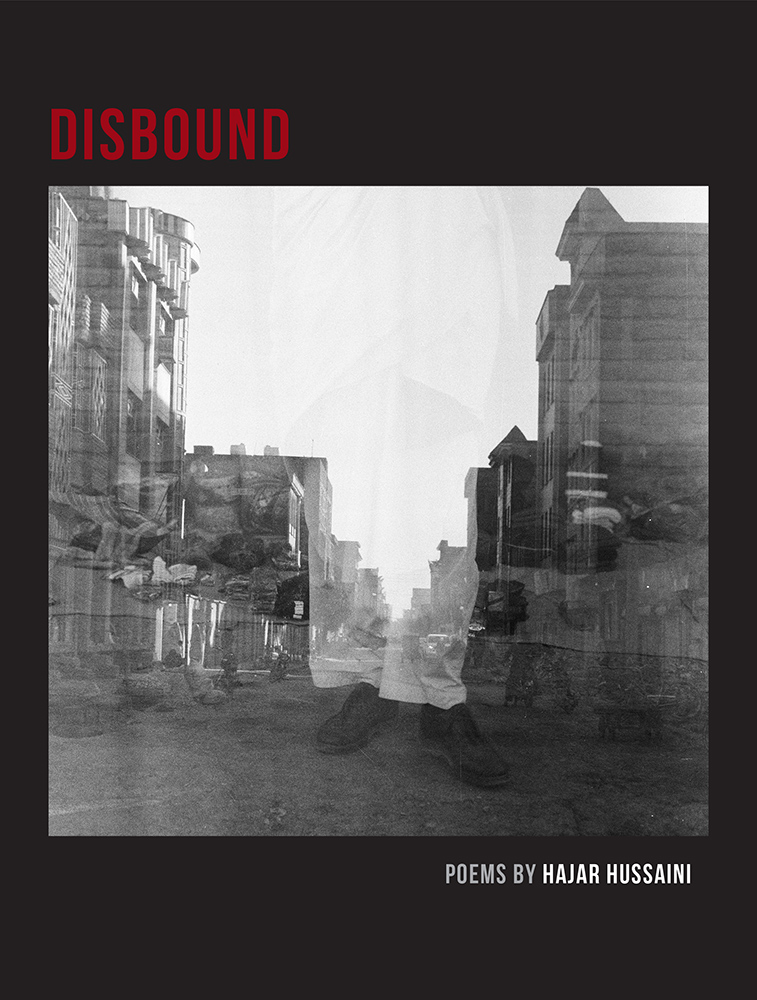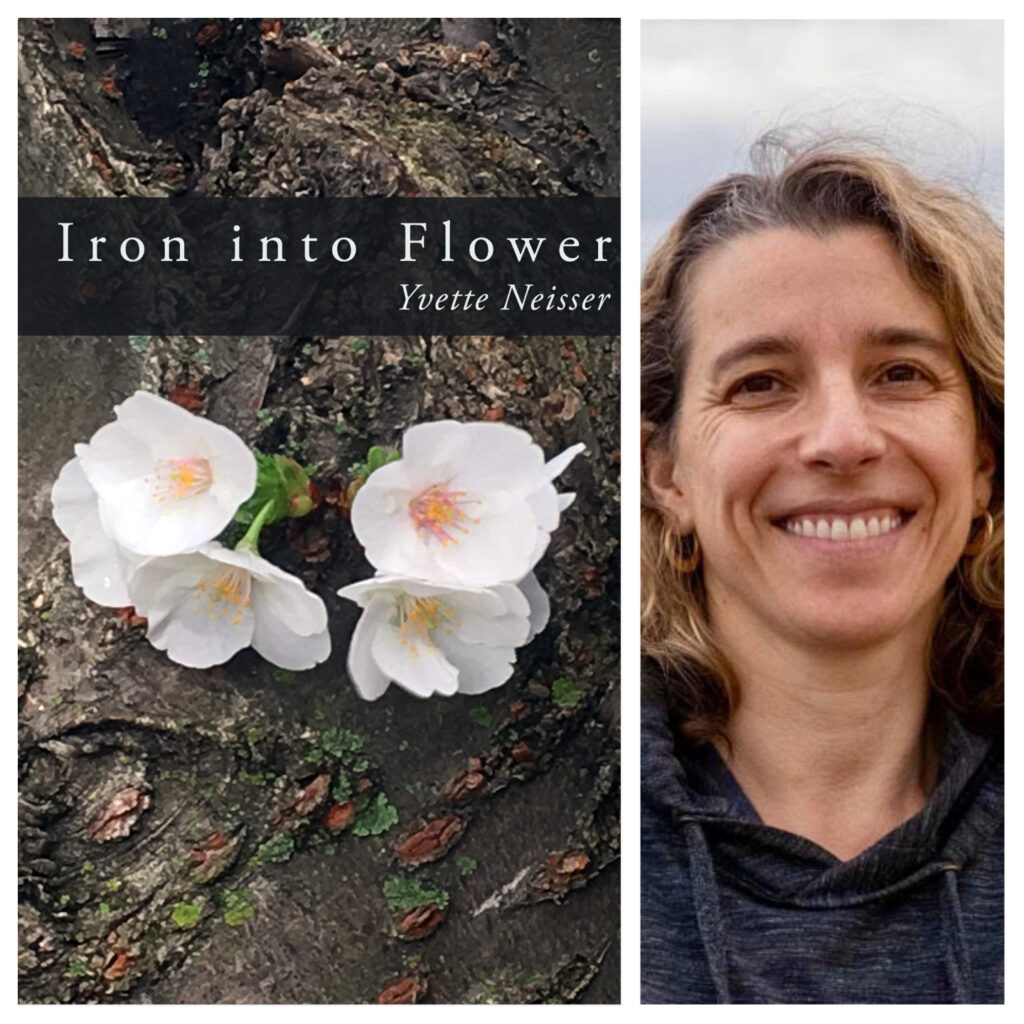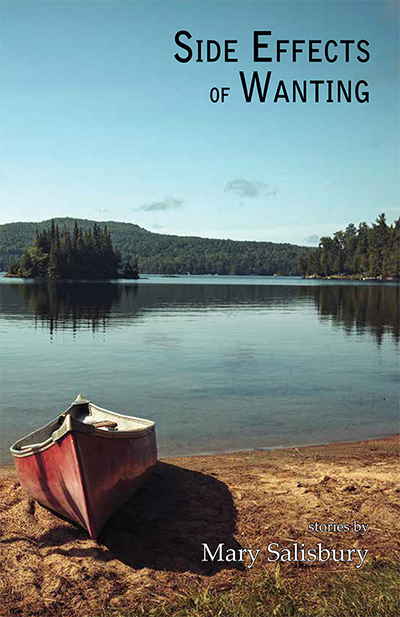
Audible, 9+ hrs.
I am an Amazon Affiliate
Accomplished by Amanda Quain, narrated by Deva Marie Gregory, focuses on high school-age Georgiana Darcy who is struggling to find herself after Wickham entangles her in his drug-dealing scheme at her private school.She is a bit dramatic, probably too many regency romance shows for her.
Gregory is an excellent narrator for this young adult’s redemption story. She provides different voices for Georgie, Fitz, Avery, Wickham, and others.
Georgie is crumbling under the pressure of the Darcy name and its expectations. She’s unsure of who she is and unable to rectify her reputation at the private school where everyone hates her for taking away their best trombone player and drug dealer, Wickham. Even though she had nothing to do with the drug dealing and her room was all Wickham needed, her brother is severely disappointed and ramps up his helicopter parenting.
Georgie, on the other hand, is eager to get out from under the glare of her classmates, Wickham’s threats, and her brother’s oppressive supervision. Her lavish family lifestyle is something she wants to get past but even those around her see her like her ancestors and even her brother — untouchable, able to throw money at problems, and so many other privileged trappings.
Accomplished by Amanda Quain, narrated by Deva Marie Gregory, is a charming story of a young woman looking for herself as forces outside of herself try to force her to be someone she isn’t. She’s artistic, musical, and creative, and clearly not the business/medical mold of the Darcy legacy. While Georgie is a bit obsessive and full of anxiety, which can get tiresome, her gradual evolution in this story is delightful, even when she stands up to her brother, not quite in the most rational or tactful way. Quain is a talented writer, and I look forward to others in this series.
RATING: Quatrain









 About the Poet:
About the Poet:
















